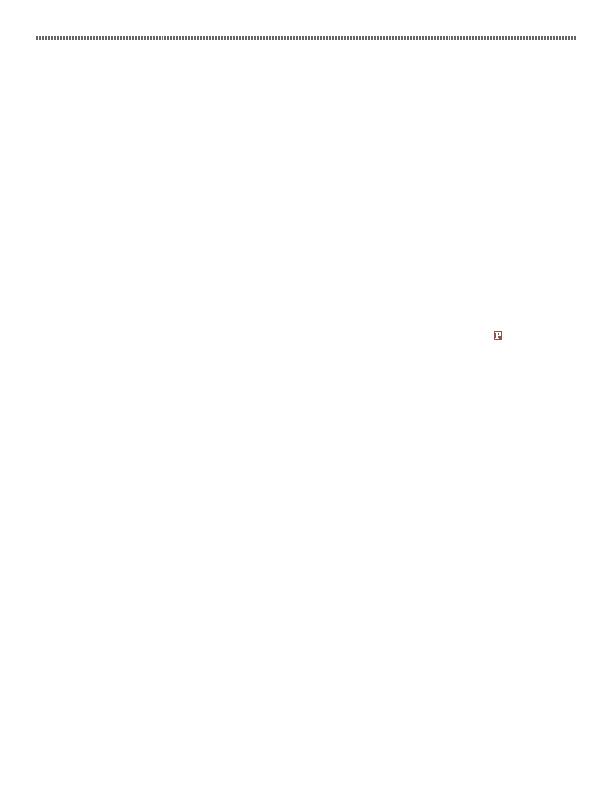
care of the profession."
his or her performance by withholding or
failing to provide pertinent information to
that professional concerning the matter
for which the professional was hired,
then an argument can made that the
client's action should be barred based on
comparative negligence principles.
May Amount to Comparative
Negligence
that while an insured's failure to read a
policy does not operate as a bar to relief,
in certain situations, it may amount to
contributory or comparative negligence.
dence from which a jury could find that,
under the relevant circumstances, it was
unreasonable for the insureds not to have
read the policy.
In
during a hunting trip guided by the
insured. The insured sued the broker
for failure to procure adequate insur-
ance. The court viewed the issue raised
as "not being whether the insureds had
an absolute duty to read the policy, but
rather was there evidence from which
the jury could have found that, in the
circumstances of this case, it was not
unreasonable for the insureds not to read
the policy and whether the insureds acted
reasonably in relying upon any represen-
tations made by their agent."
of his insurance needs and the agent's
conduct permits a reasonable infer-
ence that he was highly skilled in this
area, the insured's reliance on the
agent to obtain the coverage that he
is justifiable. The insured does not
have an absolute duty to read the
policy, but rather only the duty to act
reasonably under the circumstances.
The circumstances vary with the
facts of each case, and depend on the
relationship between the agent and
the insured.
while insureds do not have an "absolute"
duty to read their policy, their failure to
do so may amount to contributory negli-
gence.
Liable to Insured Who Failed
to Read Policy
insured's duty to read an insurance
policy is absolute and may protect an
insurance broker from a claim for failure
to procure adequate insurance.
Rich,
MacIntyre & Edwards, Inc., place their
homeowner's coverage with Glen Falls
Insurance Company. Per Scott Rich's
request, the policy provided for an
unlimited guaranteed replacement cost.
In 2000, Glen Falls notified MacIntyre &
Edwards that renewal policies for 2001
would have limits or caps on coverage.
For the Riches, this meant that they
would be insured for 125 percent of
the total amount of insurance available
for the dwelling, contents and other
structures at the location. The agent
received the notice but did not review it
and did not relay the information to the
Riches. The Riches admittedly did not
read the renewal documents.
In 2001, the property was destroyed
by fire and the Riches filed a lawsuit
against MacIntyre & Edwards arguing
that the agency failed to inform them
of the change in coverage and that as a
result of the agency's failure to inform
the Riches of the changes in the renewal
excess of $250,000. The court held that
the Riches had a duty to read their insur-
ance policy and barred recovery against
the agent noting that the change to the
policy was readily apparent and if the
Riches had reviewed the documents they
would have been aware that they did not
have the coverage they had requested.
However, it should be noted that some
of the minority jurisdictions recognize an
exception to this defense. The court in
Canales v. Wilson Southland Ins. Agency
obligated to examine an insurance policy,
the rule does not apply when (1) the bro-
ker has held himself out as an expert and
the insured has reasonably relied on the
broker's expertise to procure the requisite
insurance or (2) there is a "special rela-
tionship" of trust which would prevent or
excuse the insured of his duty to exercise
ordinary diligence.
WLW13.04&docname=CIK(LE10237295)&rp=%2ffin
d%2fdefault.wl&findtype=l&lvbp=T&vr=2.0&fn=_top
&sv=Split&returnto=BusinessNameReturnTo&pbc=A0
3DD158&utid=1" \t "_top" Avondale Cut Rate, Inc. v.
Associated Excess Underwriters, Inc., 406 Pa. 493, 178
A.2d 758 (Pa. 1962)
Cal.App.4th 624, 98 Cal.Rptr.3d 910 (2009)
5 169 N.J. 64, 776 A.2d 792
6 Id. at 69-70, 776 A.2d 792
7 Id. at 77, 776 A.2d 792.
8 Id.
9 American Bldg. Supply Corp. v. Petrocelli Group,
Fiorentino v. Travelers Ins. Co., 448 F.Supp. 1364
(E.D.Pa.1978); Floral Consultants, Ltd. v. Hanover Ins.
Co, (Ill.1984), 128 Ill.App.3d 173, 83 Ill.Dec. 401,
470 N.E.2d 527; Kirk v. R. Stanford Web Agency, Inc.
(N.C.App.1985), 75 N.C.App. 148, 330 S.E.2d 262;
Martini v. Beaverton Ins. Agency, Inc., 314 Or. 200, 838
P.2d 1061, 1067 (1992).
12 448 F.Supp. 1364 (E.D.Pa.1978)
13 Westchester Specialty Ins. Serv., Inc. v. U.S. Fire Ins.
Zimmer Ins. Agency, 252 Neb. 596, 567 N.W. 2d 548
(1997).
15 583 S.E.2d 203 (Ga. App. 2003)
16 Id. at 204